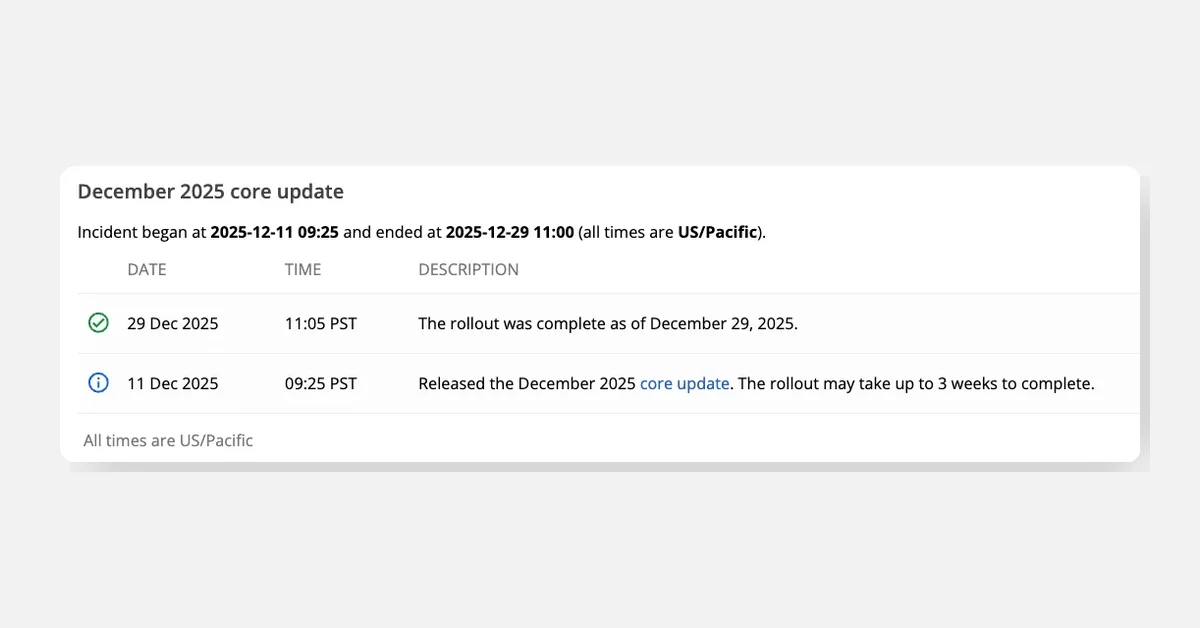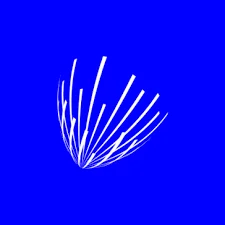A recent LinkedIn post by SEO expert Mark Williams-Cook, discussing canonical URLs and sitemaps, has sparked a clarifying response from Google's John Mueller. The exchange highlights the importance of precise terminology in SEO practices.
Key Points from Mark Williams-Cook's Post:
Canonical URL Definition: The original URL intended for indexing by search engines.
Canonicalised URL: A non-original URL not intended for indexing, which points to the canonical URL.
Self-Referencing Canonicals: Canonical URLs can have canonical tags pointing to themselves.
Sitemap Best Practices: Only include canonical URLs from your own website in XML sitemaps.
Google's Canonicalization Signals: Google uses various signals for canonicalization, with provided tags treated as hints. Inconsistent use may lead to Google disregarding these signals.
John Mueller's Insights
Mueller's response added depth to the discussion, emphasizing the importance of accurate terminology:
- Preferred Terminology: Mueller advocated for using "link tags" instead of "canonical tags," stating they are "much better for canonicalization."
- Technical Accuracy: He clarified that "canonical tag" is technically incorrect, with the proper term being a link tag with rel=canonical attribute.
- Developer Communication: Accurate terminology is crucial when working with web developers unfamiliar with SEO jargon.
- Balancing Act: While SEOs often use shorthand, precise language is beneficial when communicating with technical teams.
- Common Misconceptions: The discussion highlighted other frequently misused terms in SEO, such as "title tags" and "alt tags."
- Practical Implications: Using proper terminology can enhance respect and ensure correct implementation of SEO recommendations.
This exchange underscores the ongoing importance of precise language in SEO discussions and the value of insights from both industry practitioners and search engine representatives. It also highlights the nuances in SEO terminology that can impact how strategies are implemented and understood.




















